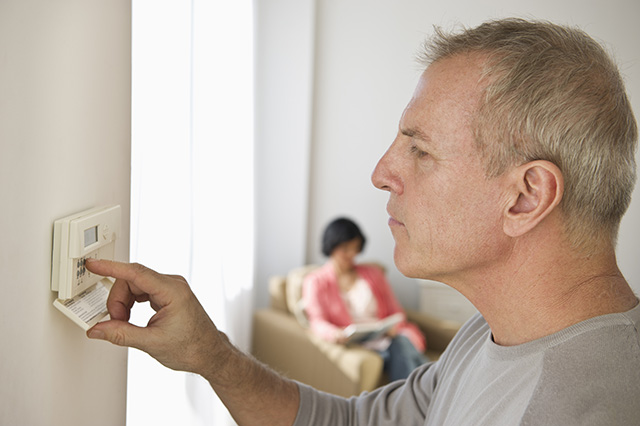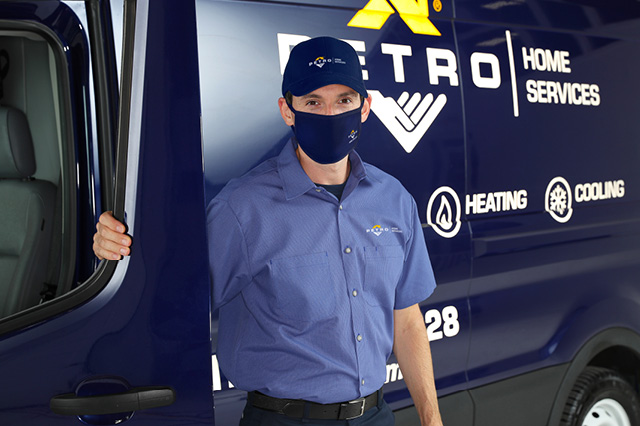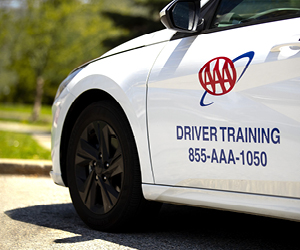From central and ductless air conditioning to propane, natural gas and oil-fired heating systems, being able to properly cool and heat your home is essential. While heating, ventilation and air conditioning systems provide comfort and better indoor air quality most of the time, sometimes things can go awry.
Avoid an HVAC emergency and total system failure by recognizing the warning signs of a weakening system, knowing when to call a technician and practicing proper maintenance.
What Is an HVAC Emergency?
Living in the Northeast means hot summers and cold winters. HVAC systems are a great way to combat the elements, but normal mechanical wear and tear is sure to occur at one time or another.
When the weather is extreme, having the means to properly heat or cool your home is not only a matter of comfort. Interior temperatures can increase rapidly on a hot summer day, while a lack of heat in the middle of winter can lead to freezing pipes, discomfort for household members and other issues.
Any lack of thermal control that jeopardizes the integrity of your home or health and safety of your family is considered an HVAC emergency. Loss of internal temperature control can be especially dangerous for young children, certain pets and the elderly.
Identifying Potential HVAC Warning Signs
By looking out for certain sights, smells and sounds, you can identify potential warning signs of HVAC system strain. Recognizing potential problems can leave you enough time to try and solve the issue yourself or call an HVAC system service/technician before a bigger problem or system failure occurs.
Strange Noises and Weird Smells
When it comes to your furnace, squealing or screeching noises could indicate loose bearings or a failing blower motor. Both can lead to serious mechanical problems. Other unusual sounds could be caused by an issue with your system’s airflow.
A stale or foul smell coming from your AC could be a sign of moisture or mold/mildew. A less troubling cause of AC smell could be a dirty filter. You may be able to clean or replace the filter on your own by following the manufacturer’s instructions; however, you will likely have to call a professional if your AC’s lines and ducts need to be thoroughly cleaned.
Clogs, Leaks and Unit Freezing
AC clogs or leaks can affect the system’s condensate line, which is responsible for collecting excess water and sending it out of the system. Therefore, clogs or leaks can cause water damage or a buildup of moisture that could lead to rust and/or mold.
Outdoor HVAC units can freeze in the winter; do not use your HVAC unit if it is frozen. This could be a sign that the machine’s defrost cycle is not working properly. Common culprits include either a bad fan motor or low refrigerant charge.
Changes in Airflow and/or Air Temperature
Feeling hot or cold spots around your home could be a sign of weak or no airflow. This is one of the most common problems associated with HVAC systems, especially for older units and ones that haven’t been properly maintained. A lack of cool air could also be a result of low refrigerant levels. An HVAC technician can test for leaks and repair them.
Blown Fuses and Tripped Circuit Breakers
An overworked blower can cause blown fuses and trips in circuit breakers. If airflow is blocked from running through the unit, the most common cause is typically a dirty air filter, which forces the blower to work harder. You may need to have your air ducts inspected if the problem goes beyond the filter.

HVAC Systems Checks You Can Do
If your HVAC system suddenly stops working, there are a few things you can do before calling an emergency HVAC service company.
First, check your thermostat to make sure neither the air conditioning nor heat has been turned off. Next, if you have a programmable thermostat, make sure it has power. If it doesn’t, you may need to replace the batteries. Finally, head to your circuit box and check to see whether a circuit breaker was tripped. Simply returning a lever to the on position could be enough to instantly fix the issue.
If your thermostat is on and no circuit breakers have been tripped, but your system still isn’t working the way it should, there may be an issue with your HVAC system. Calling a professional is likely your safest bet.
Petro Home Services provides prompt and professional customer service and repairs and delivers 24/7 service and support that you can rely on, no matter the season.
How To Prevent Potential HVAC Issues
Just like maintaining other appliances in and around your home, keeping things clean can go a long way in preserving the life of your HVAC system. Make sure to keep vents and registers unblocked by furniture as well as clean from dirt, dust and pet hair. If part of your system is outdoors, clear away leaves and other debris.
Other maintenance you can do on your own is changing and/or cleaning your system’s air filter if it becomes overloaded and clogged. Your HVAC system’s coils should be cleaned regularly, normally once or twice a year.
From fixing a faulty thermostat to addressing normal mechanical wear and tear and system aging, annual tune-ups can help maintain your HVAC’s efficiency and potentially extend its life. Consider enrolling in a heating and/or AC system service plan to make sure your system is well-maintained.
If your system suddenly fails, call a professional to check your HVAC unit. Use temporary fixes, like cooling off with fans and staying warm by bundling up, while you wait for your system to be fixed.
Do what you can to maintain your home heating and cooling systems and keep an eye out for warning signs of potential problems. If you notice anything concerning, contact an HVAC professional for help.














